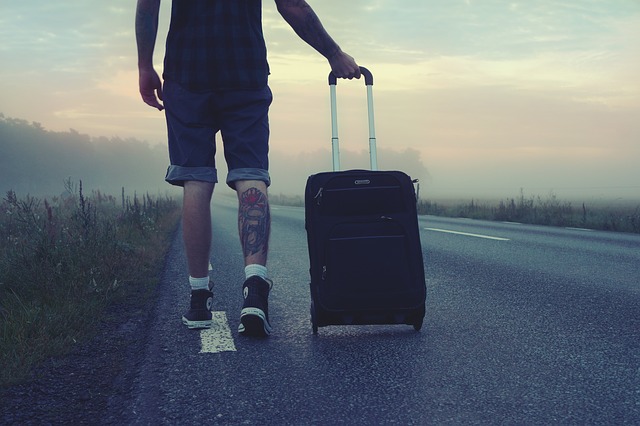How to Be a Smart Traveller: Is it Worth the Risk?

Photo via Porapak Apichodilok from Pexels
When it comes to travel, there’s the smart way and, for the lack of a better word, the not-so-smart way, or risky way, rather. Of course, there are many different ways to define this and quite a variety of different circumstances that arise. Sometimes the concept of safety while travelling can be simply nuanced as “being at the wrong place at the wrong time,” but other times it can come down to specific, targeted characteristics (race, sex, sexual orientation, or religion, for example).
So when it comes to travel and being a smart traveller, how can we know whether or not a place is really all that safe? While there’s no way to be completely certain, consider the following before travelling, especially to places where you’ve only heard notoriously negative things:
1. What is the narrative of safety around the country? Is it safe or unsafe?
Let’s face it, news can be sensationalised. Do you ever hear positive stories, or only negative ones? Is it really as bad as it sounds, or are things being portrayed worse on the news to promote sales? This you’ll have to do a little bit of reading and digging to uncover the true story. Listen to the news, read the articles, and do some comparison with your past experiences to determine the veracity.
2. Is this narrative usually sensationalised?
To what extent is the negative information outlandish? Are there simply unsafe parts in an overall-safe country? Or is the whole place teeming with danger? Could it be just certain cities within the country or maybe even perhaps districts within the cities themselves?

Photo via Pixabay
3. Under what conditions will you be travelling? (solo, with a group, etc.)
Unfortunately, the reality is such that if you’re a solo traveller – particularly a female – you may find yourself in more danger in general than those who are in a group. Solo travelling can be one of the best experiences imaginable, but be careful where and how you choose to travel alone.
4. Are there certain activities that you would be better off to do with a guided tour?
Whether it’s better to be with a group for safety reasons or just because it’s more enjoyable at times, consider whether or not using a guided tour (even for just portions of your trip) would be better. Do your best not to compromise your safety for an unforgettable experience. Even for those who are budget-conscious, it comes down to the age-old phrase “choose your battles”. Choose wisely.

Photo via Pixabay
5. What kind of information are you finding on recent travel blogs and online forums?
Oftentimes, this information is more reliable than cable or sensationalised news that only discusses extremes. By searching travel blogs, discussion forums, heck, even Instagram, where you’ll find real, reliable information written by people who have actually visited your trip location. Consider this information, generally speaking, to be more informative than other opinions you hear elsewhere.
Travelling soon? Need to refresh your skills? Take a free placement test to see how your level measures up now!
While reading these blogs, what are you noticing? What level of safety seems to be the general consensus among the authors? See if you can find useful information from these mediums before deciding whether or not to go for sure.
6. Have you ever been to a place like this before (i.e., is this something you’re used to)?
Among the travel community, it’s common to hear that your first trip somewhere is all about the shock and awe, and every return trip after that only gets better. While you may have never visited this particular country or city yet, have you been to others like it before? This can only help to make the experience more enjoyable in the end, though it’s obviously not necessary.
How do you determine whether a place is safe to travel to or not? Please share with us in the comments!
